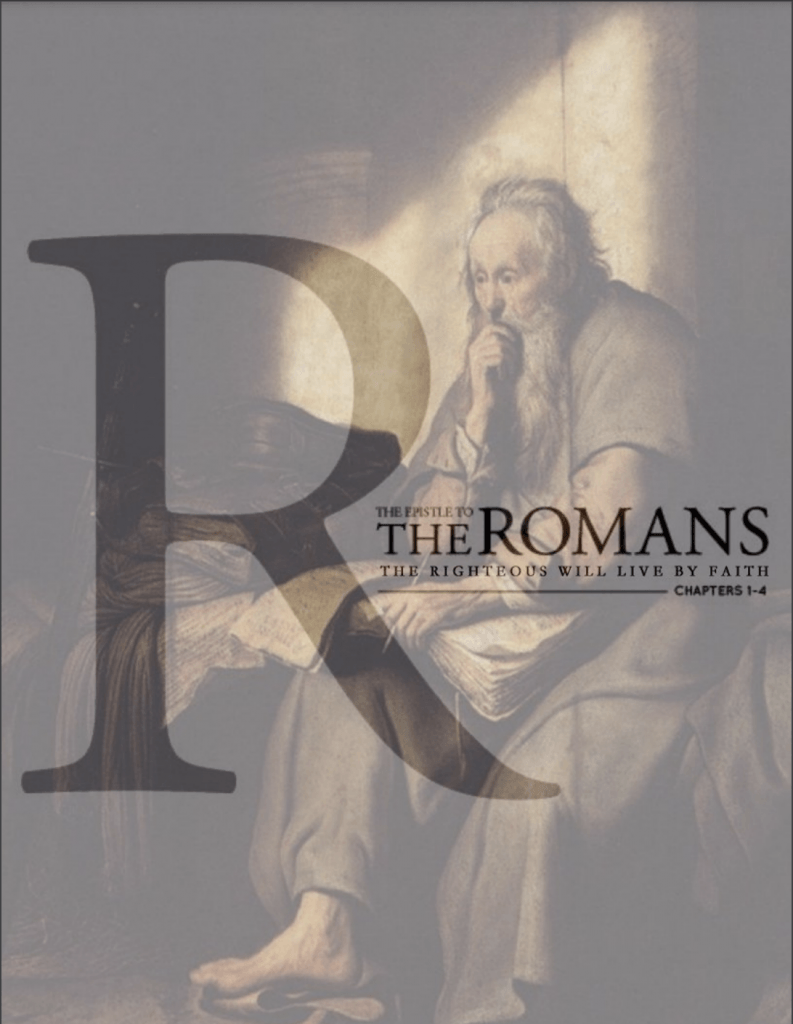
[Romans Study 3-2]
Paul And The Gospel [Romans 1:1-7]
1 Paul, a servant of Christ Jesus, called to be an apostle and set apart for the gospel of God— 2 the gospel he promised beforehand through his prophets in the Holy Scriptures 3 regarding his Son, who as to his human nature was a descendant of David, 4 and who through the Spirit of was declared with power to be the Son of God by his resurrection from the dead: Jesus Christ our Lord. 5 Through him and for his name’s sake, we received grace and apostleship to call people from among all the Gentiles to the obedience that comes from faith. 6 And you also are among those who are called to belong to Jesus Christ. 7 To all in Rome who are loved by God and called to be saints: Grace and peace to you from God our Father and from the Lord Jesus Christ. – Romans 1:1-7
I Am A ‘Called’ ‘Apostle’
There was a word that Paul did not neglect in his letters. “Apostle” – this was the noblest grace that he wanted to boast of the most. Therefore, he placed this title in the first verse of the first chapter of his letters, not only in Romans, but in 1 and 2 Corinthians, Galatians, Ephesians and Colossians. ‘I am Paul, Apostle of Jesus Christ!’
“And in the church God has appointed first of all apostles, second prophets, third teachers, then workers of miracles, also those having gifts of healing, those able to help others, those with gifts of administration, and those speaking in different kinds of tongues.” (1 Corinthians 12:28)
There are various ministries of God: apostles, prophets, teachers, and workers of miracles. But the first is apostles. They are the center and essence of God’s church, and the church was opened by apostles.
Paul wants to tell us here that he is not a servant of Jesus Christ in a general sense only; he is a particular kind of servant; in fact he is an apostle.
What is an apostle?
An apostle is a ‘sent one,’ a delegate, a messenger sent on a mission. The apostleship was not granted recklessly. “One of those days Jesus went out to a mountainside to pray, and spent the night praying to God. When morning came, he called his disciples to him and chose twelve of them, whom he also designated apostles.” (Luke 6:12-13) The Lord deliberately chose twelve, the greater body, out of a large number of disciples. He named them, and them only, apostles. This is a designation indicating a very special and particular office.
An apostle is one chosen and sent with a special mission as the fully authorized representative of the sender, and the sender is none other but God!
Therefore, the apostles spoke with authority from God as Christ’s representatives. Divine authority and power were given to them. People must then listen to them, not as men but, but as those who are speaking from God.
Paul always claimed that he had this exceptional authority that the Lord Himself alone can give–and that he was not merely preaching, he was preaching as the chosen vessel of the Lord Jesus Christ.
How did he become this apostle? Most essentially, Paul was “called.” It is one of the most important facts about Paul, and that is why he introduces it.
Listen to what he says in the first verse of the first chapter of Galatians: “Paul, an apostle–sent not from men nor by man, but by Jesus Christ and God the Father, who raised him from the dead.” (Galatians 1:1)
‘Paul an apostle–yes’, he says, ‘don’t make any mistake about it – I am not self-appointed. ‘Not of men, neither by man, but by Jesus Christ’. ‘Called.’ A chosen man, chosen by the sovereign act of the Lord Jesus Christ. ‘Yes, says Paul, ‘ I am as much an apostle as were the twelve. I have been called in the same way exactly as they have been called. I have the same authority, I am equal with them. I am an apostle, a called apostle.’
Jesus said to His men, “You have not chosen me, but I have chosen you.” (John 15:16) Paul did not think of life in terms of what he wanted to do, but in terms of what God meant him to do.
We must not forget that the Lord chose Paul who had been His chief enemy, who tried to destroy His church. It is one of the most amazing accounts in history. ’Though I am such, He has loved me and He commissioned me,’ says Paul. ‘I am a called apostle; I am an apostle not because of me but because of His calling.’ Paul had such a firm self-identity about the office of apostle. We too ought to understand our identity that it is not we who choose our way but it is He who chooses and calls us. It is not I but He and only His grace that lead us to our commission.
Republished with permission from Dr. Christy Tran, the author of “The Epistle to the Romans: Paul’s Love Letter from God.”